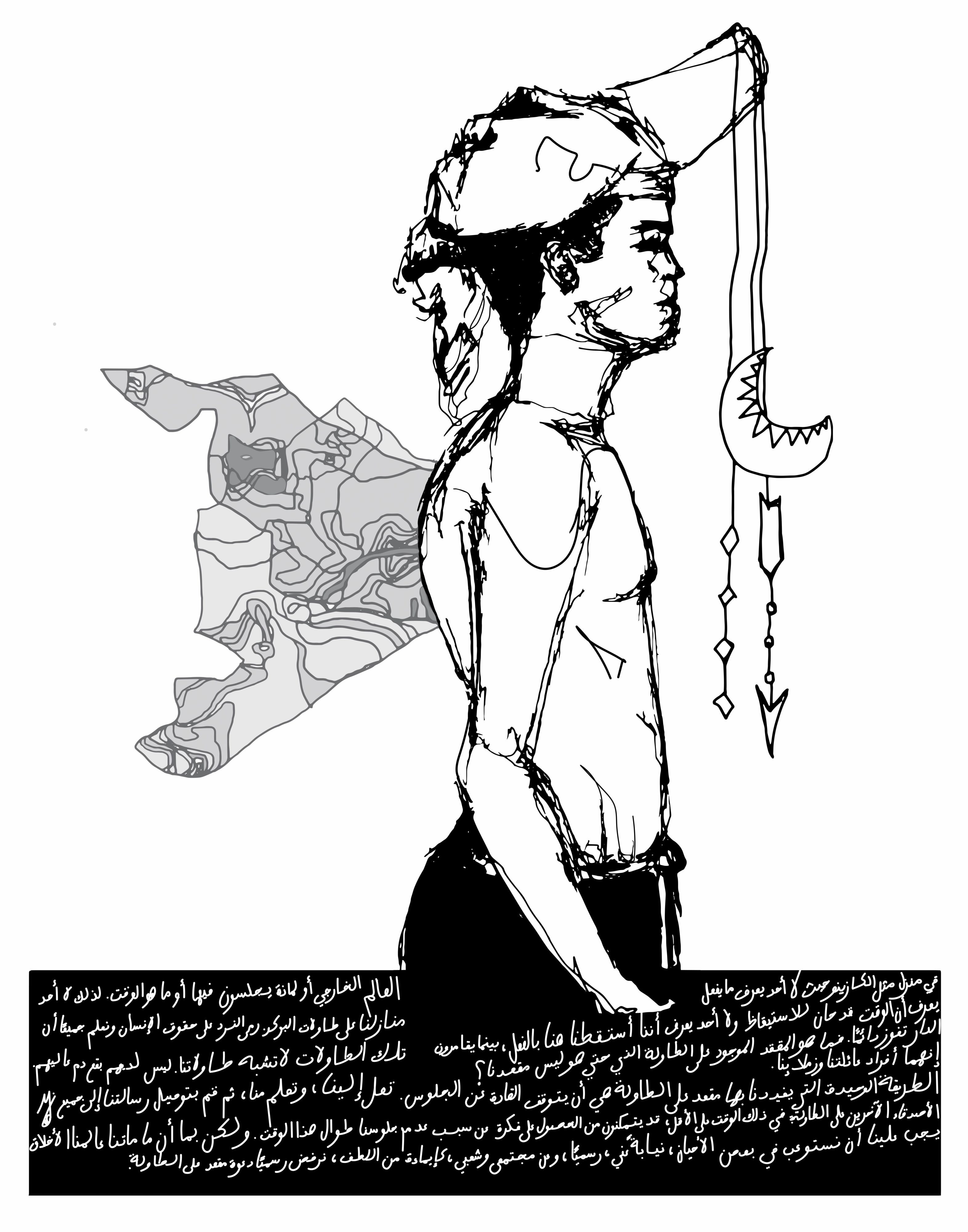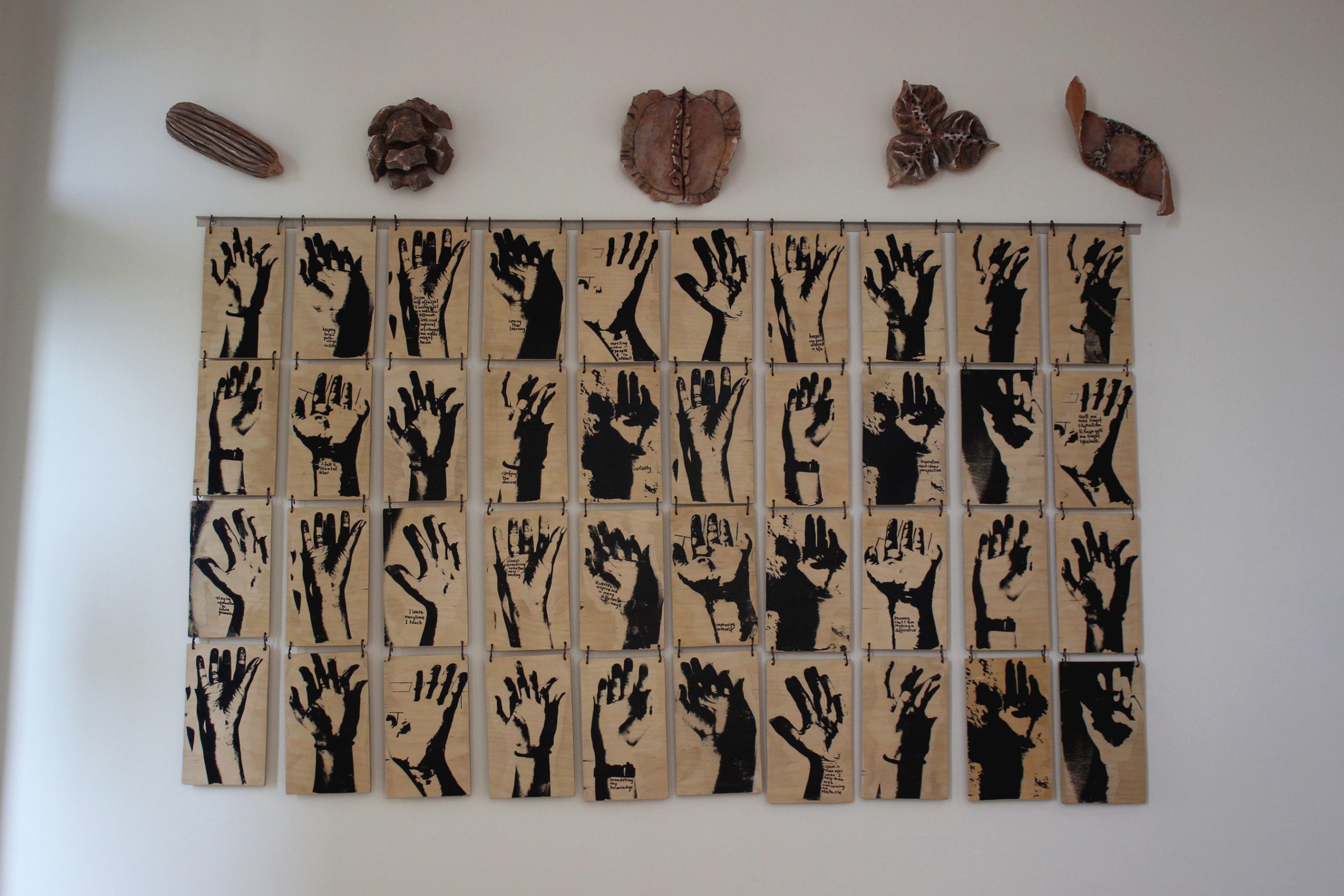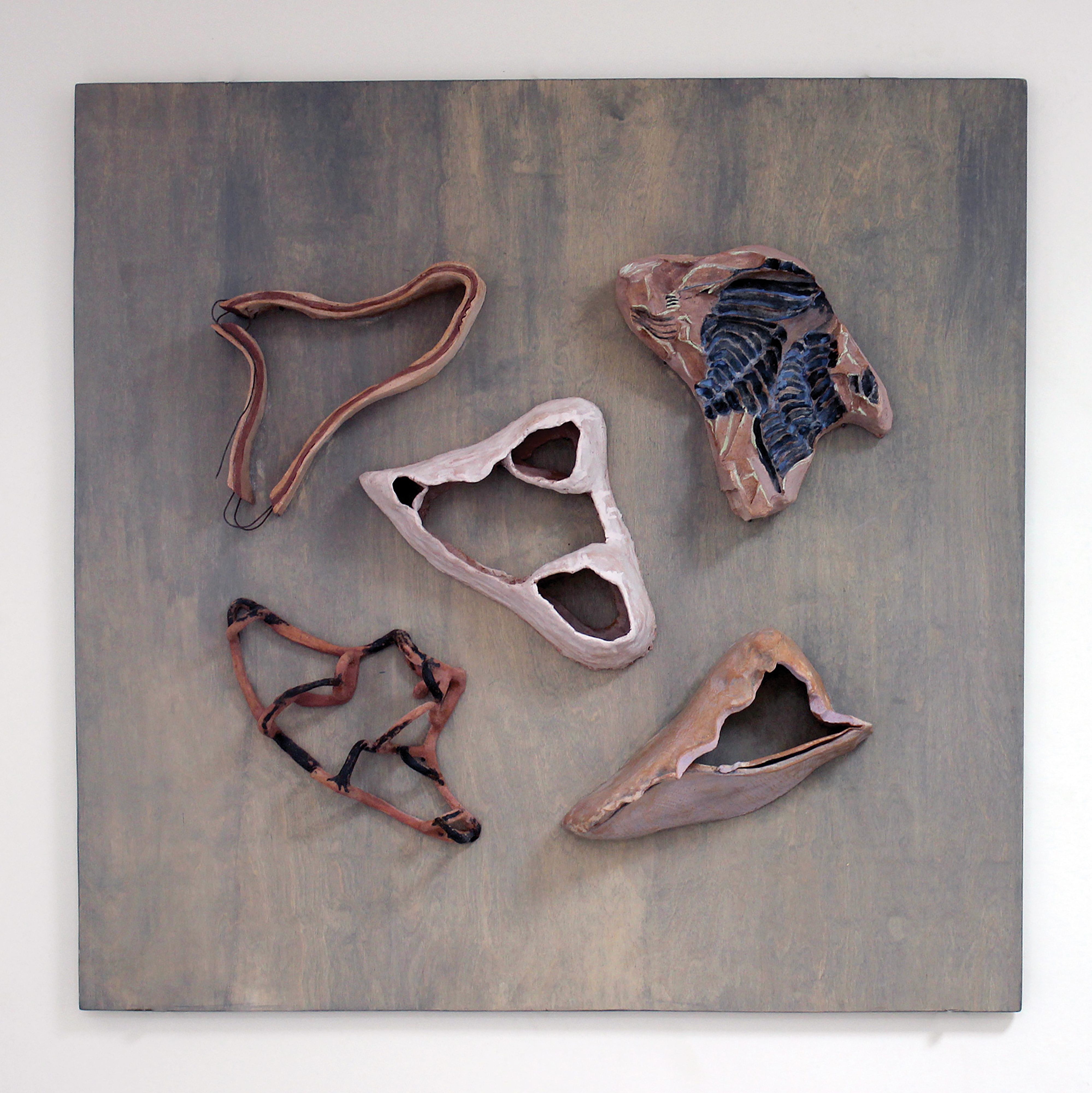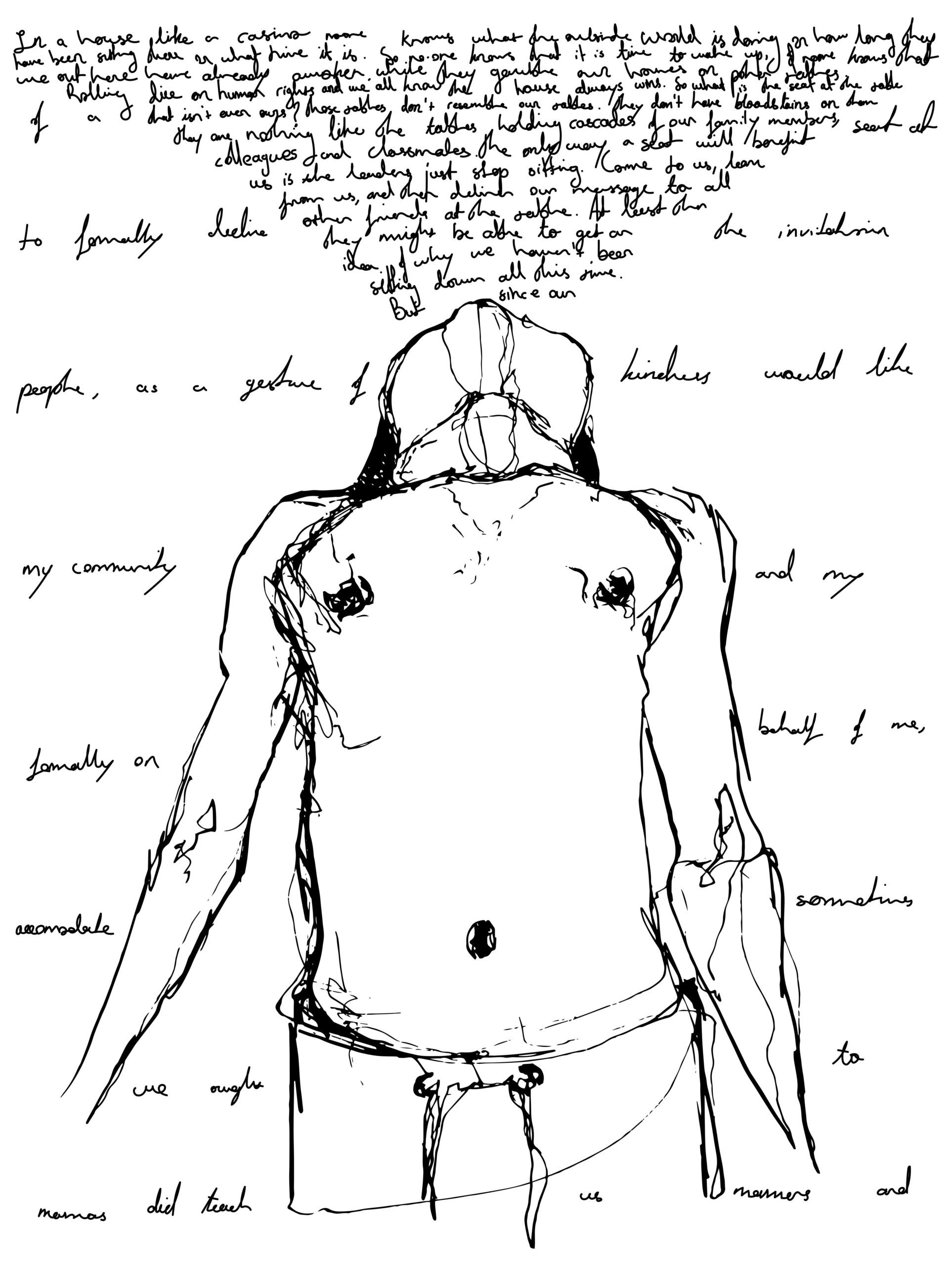In today’s society, more than 262 million children and youth are not in school. To combat this, the United Nation established Sustainable Development Goals (SDG) in order ‘to achieve a better and more sustainable future for all’ by 2030. One of these goals, SDG4, is on the importance of quality education, which inspired two art pieces created by Zarifa Dag and Martina Camilleri.
Both artists took part in a design competition organised by the University of Malta’s Faculty of Education, asking participants to submit creative designs inspired by the theme of SDG4, which focuses on inclusive and equitable quality education.
Zarifa has a background in graphic design and digital arts, and her submissions for the competition were heavily inspired by her dual cultural identity, as she has both European and Middle Eastern roots. She travelled to Lebanon in 2018 and volunteered in refugee camps, working with the children of immigrants who fled to Lebanon because of conflicts happening in countries like Syria. This experience allowed her to witness first hand the differences in quality of life and education between children in Malta and refugees.
Zarifa’s piece is titled Halep’te, which is Turkish for “In Aleppo”, referencing one of the major cities in Syria. Her illustrations centre around an adolescent, representing the younger generation and their future, as well as the people that are at the centre of SDG4. She brings in multiple cultural references through the turban (the Middle and Far East) and crescent (Islam). While her narrative begins with a somewhat bleak representation of the current situation in children’s education, it ends with an element of hope that the situation may improve.

Martina Camilleri, who is currently reading for a Masters of Art in Social Practice Art and Critical Education, presented her take on SDG4 and quality education through a piece titled En Root – a play on the term ‘en route’ – which explores the journey someone takes to get their education. For her first artwork, Seeds We Sow, she asked 40 participants about why they keep looking for education or teaching opportunities. She then photographed their hands and transferred the images onto wooden planks, writing their responses behind each individual plank.

Her second artwork, titled One Piece, consists of five distinct pieces made from ceramic and mixed media. They represent the five objectives outlined in the Universal Agenda towards quality education: People, Planet, Prosperity, Peace, and Partnership. The pieces do not embody any of the terms individually. Instead, the art views the terms as a unified whole.

Zarifa and Martina’s artworks can be viewed along the main staircase of the Faculty of Education in the Old Humanities Building at the University of Malta. Although the artists interpreted the SDG4 in different ways, they both emphasised the importance of human-centred design. In essence, if somebody is going to use the product, then they should help construct it. The same approach could help achieve quality education for all children, despite socio-economic factors.





Comments are closed for this article!